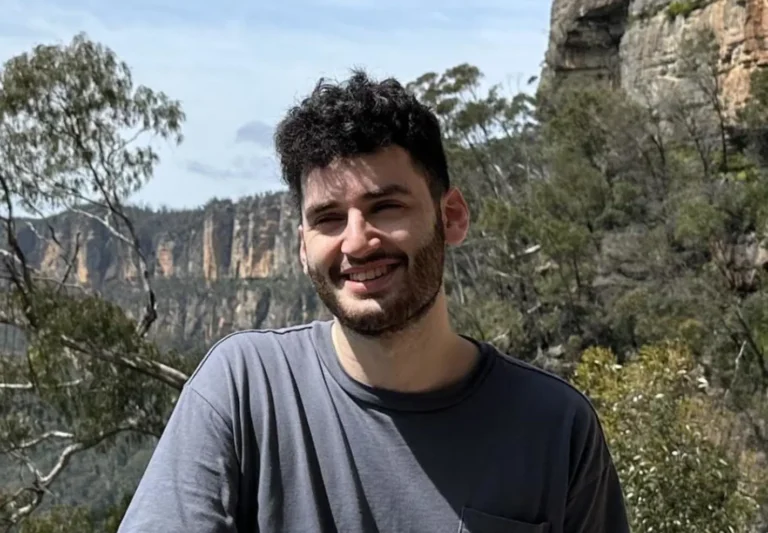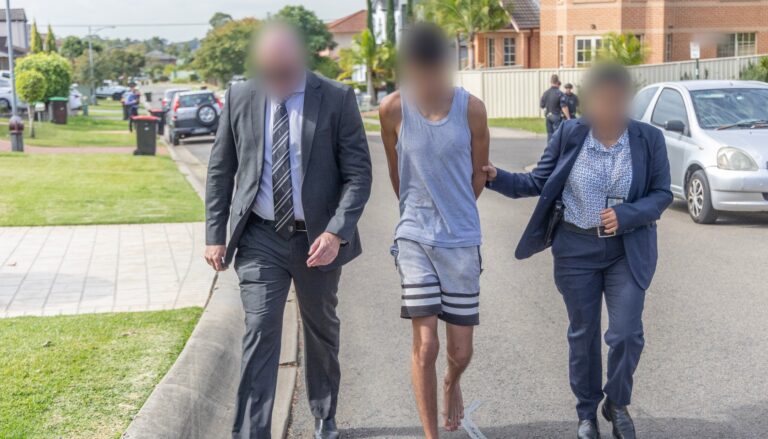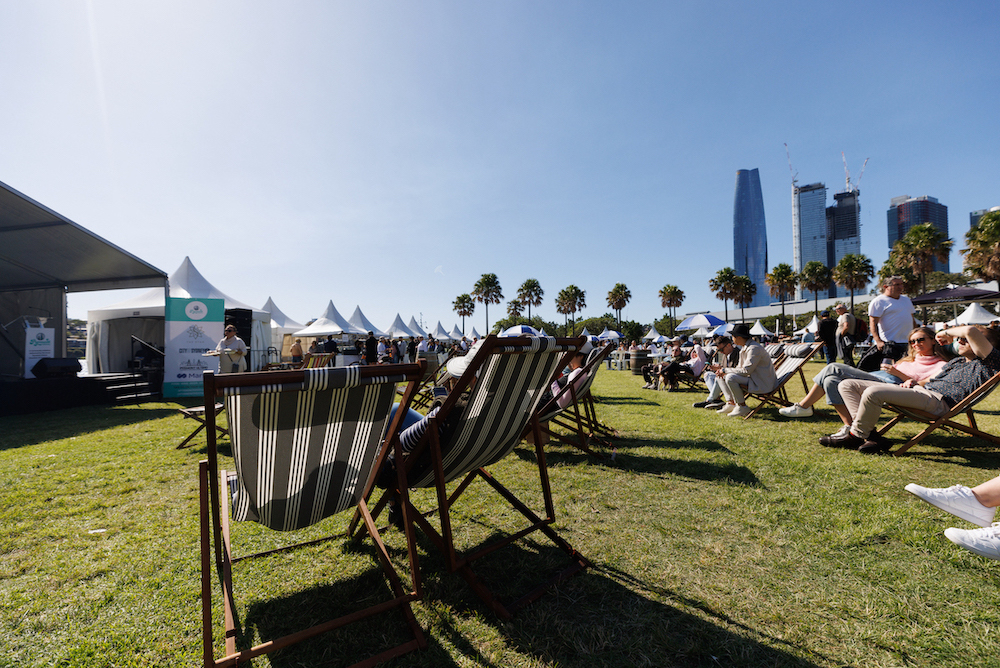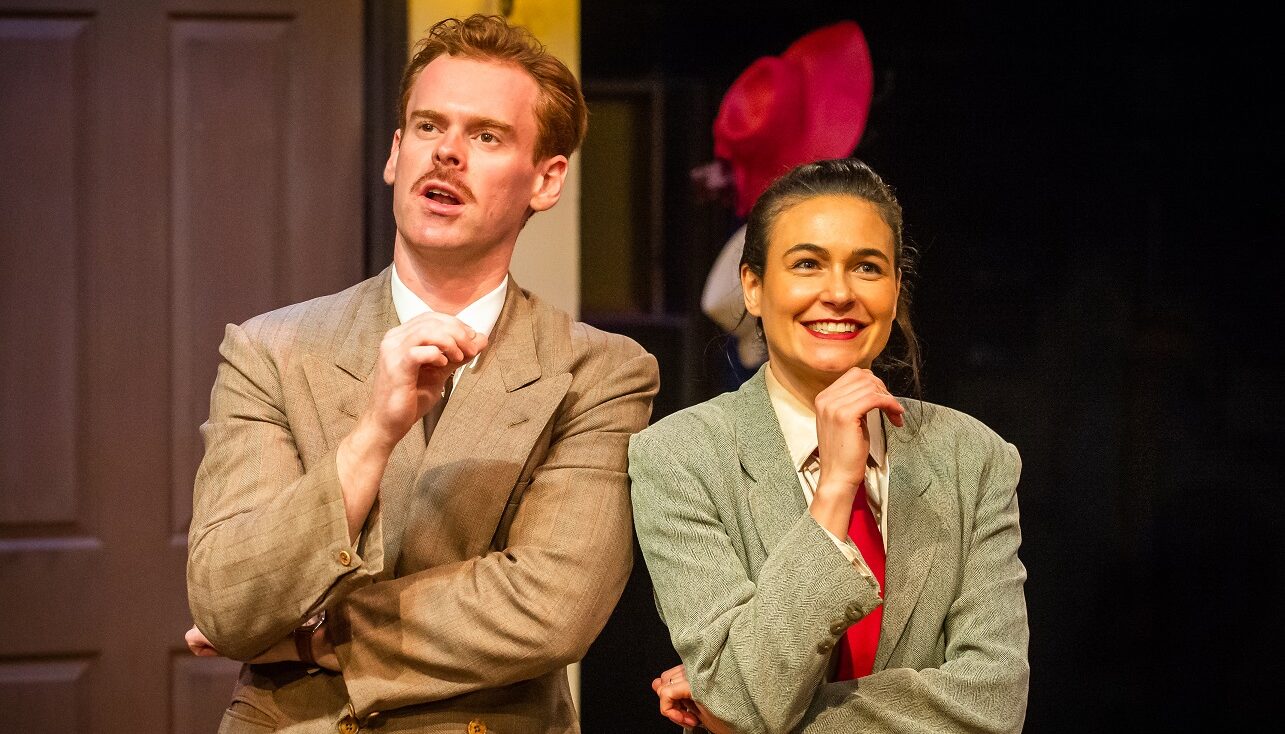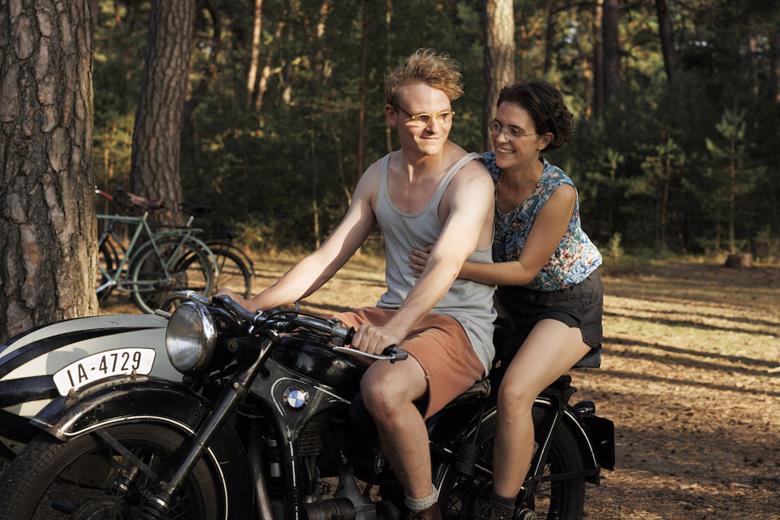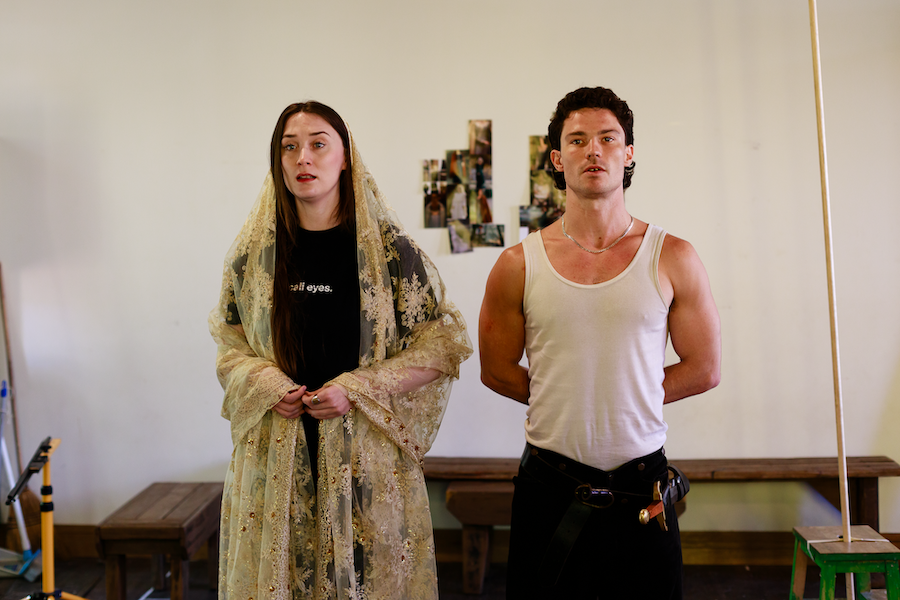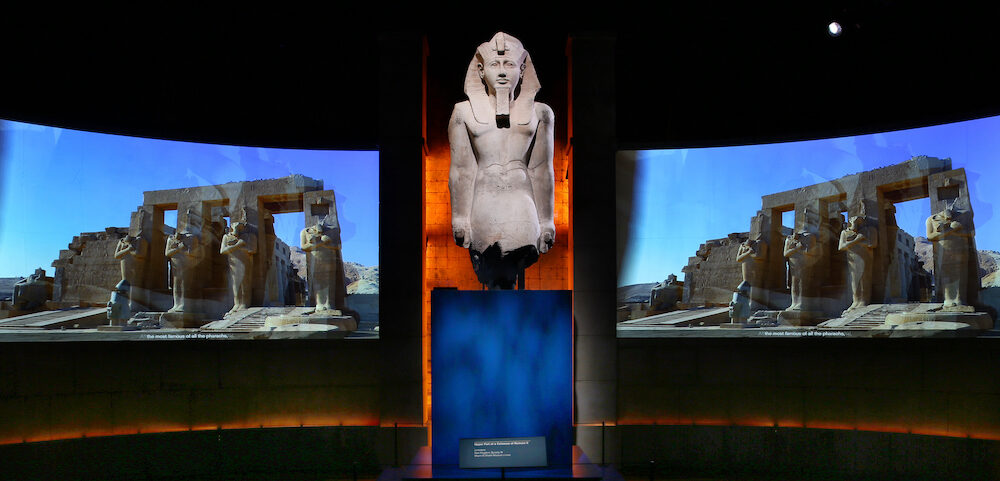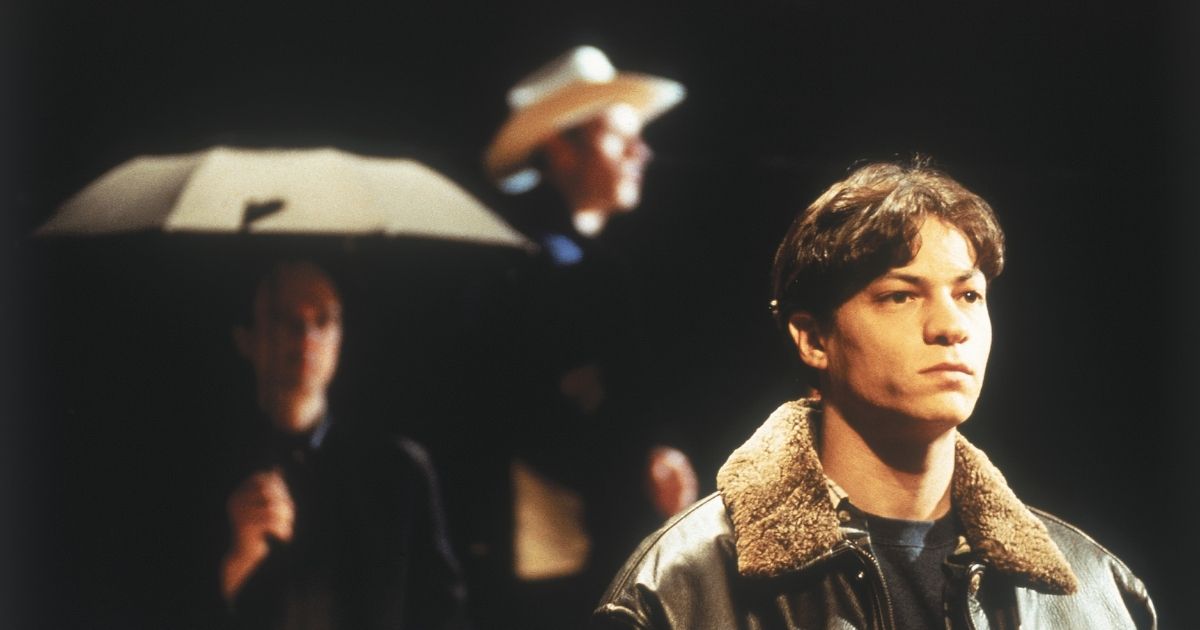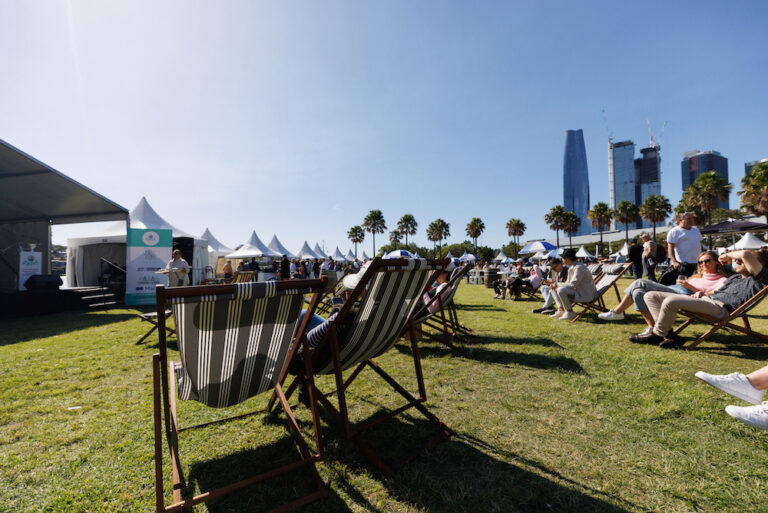
Singled Out
Being single in Sydney is great. There are more small-bars and restaurants than ever. It’s a fast-paced and beautiful city with plenty of culture to be enjoyed. People are more progressive and liberated. The benefits of living in a modern society means there is more freedom to find new ways of living your life than ever before.
Women particularly, are taking advantage of this. The shackles of traditional gender roles need no longer apply and being in a relationship that manages full-time work with playing house just doesn’t seem that appealing. More and more women are liberating themselves by choosing to live alone. It seems that, as society progresses, men are being forced to catch up with the change.
As wonderful as this is, certain considerations need to be addressed. A twenty or thirty-something career woman, who is vivaciously making the most of her modern life, may get to forty and have second thoughts. At some point the joys of living alone might become an alarming ordeal. After all, everyone needs someone to love.
Singled Out is a theatrical collaboration that was put together in response to the statistic that by 2020 one third of living arrangements in Sydney will be ‘solo households.’ It is the brainchild of eight different writers from varying backgrounds and will provide the perfect opportunity to reflect on a modern life to try and figure out where it’s heading.
First time playwright, Emma Magenta, who usually writes emotionally-loaded and honest adult fiction, has contributed a piece that deals with the issue of social media. In doing so she has opened up a new layer of complexity in modern life.
Late last year, Magenta created her first Twitter account and began delving into what she describes as “the other side” of the Twittersphere.
“I’ve kind of jumped into the belly of the beast and explored why most people are there,” she says.
“Most people are just venting their personal issues.”
Magenta’s social experiment has revealed a world of people who crave connection, yet are too anxious to deal with their loneliness in a healthy way. Instead they have gone to social media for instant gratification, and kept themselves isolated.
“There’s therapy there and the chance to exercise your feelings, but it’s probably not really helping you develop as an individual. It’s probably creating more walls between you and your issues and the world,” she says.
Inevitably single life is a stage to be enjoyed and passed through. This means confronting difficult emotions. Marc Smith* (real name withheld) is a single dweller with a different perspective.
“I had a wife and young family, but I just couldn’t stay stable,” he reveals.
“I couldn’t understand why my moods were all over the place. Honestly, I left her and the kids and I just had to find out.
“I ended up seeing a psychologist and joining some different support groups, ’til eventually I ended up in AA.”
In the two years that Smith has been living alone, he has found the stability he was looking for and is able to live a much more positive life. He now only spends half of his nights alone in the apartment. The other half is spent reintroducing himself to family life.
In stark contrast to the story that Magenta tells, Smith’s solo battle with substance abuse and depression has been severe. Not many people, no matter how healthy and functional they are, have the moral courage to take his path and live alone.
Smith says that in the early days of his recovery he did go to social media for connection, but after seeing what was on offer, lost interest.
“I wasn’t going to take it any further. Everybody tries to make him or herself more appealing. Not dishonest and not honest, but they don’t tell the whole story.”
Magenta puts it this way, “Social media gives you this opportunity to create a fantasised version of yourself. There’s so much Photoshop that can go on or filters. You can create any persona from just an image.”
Actress Eloise Snape, who plays a range of eclectic roles in Singled Out, found that exploring the topic of single living for her performances opened her eyes to the less-obvious positives.
“Immediately you would assume that a play about people living on their own is going to be depressing,” explains Snape.
“It’s not depressing at all,” she continues.
“There are so many wonderful things about people having their independence. It doesn’t necessarily have to be dark and depressing.”
At the end of the day, living alone isn’t always isolation and alter egos, but it isn’t always single life and small-bars either. It’s so easy to get sucked into thinking that the wave of youth can be ridden forever. In the end, satisfaction is measured by how much a person deals with their issues and learns to put differences aside.
Singled Out promises a unique exploration of our private moments and public confessions – particularly the joy and freedom of solo living and the sometimes hidden realities of the solo living person.
Smith, the man of monster determination, makes his feelings on the matter clear when he says, “people that are in their thirties and forties that are single, are pretty shit.” (LC)
October 2-12, Seymour Centre, City Rd & Cleveland St, Chippendale, $15-25, 9351 7940, seymourcentre.com

